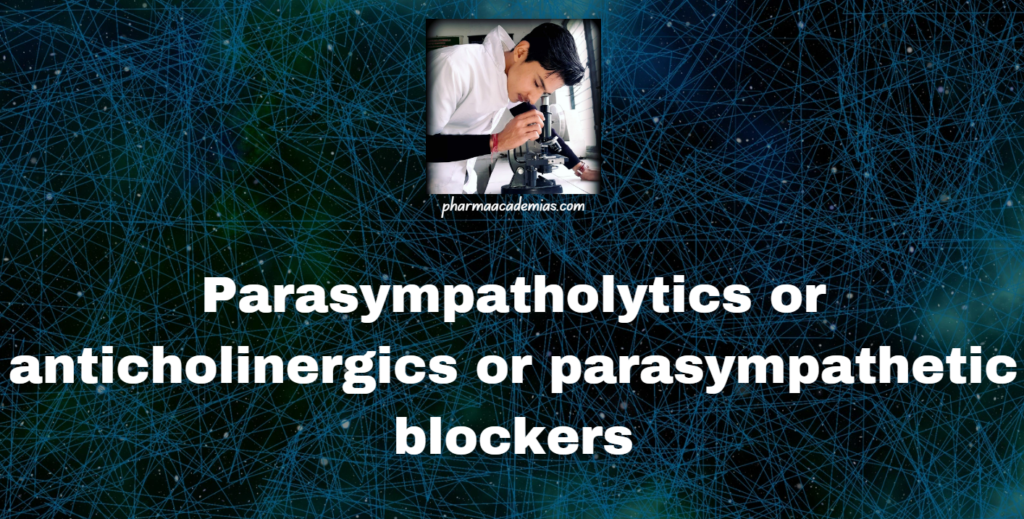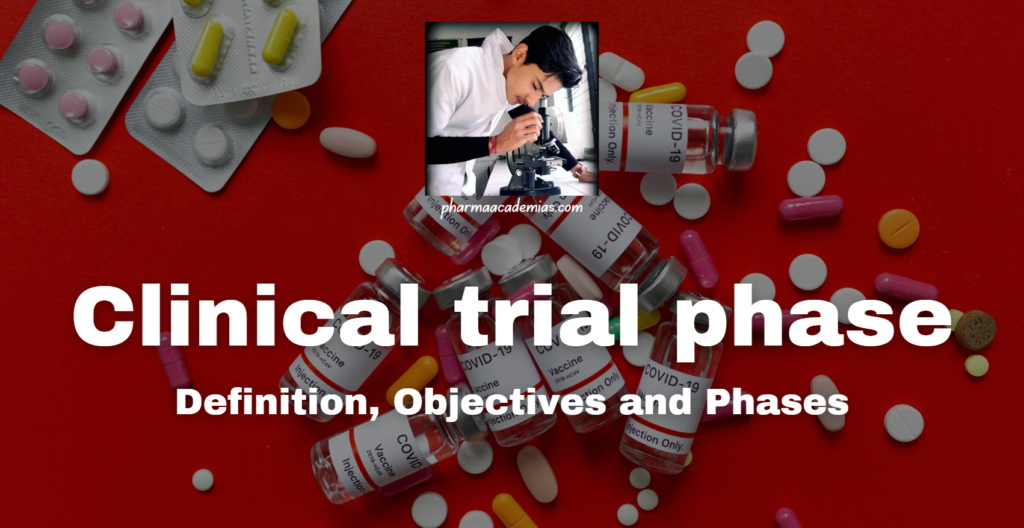Parasympatholytics, also known as anticholinergics or parasympathetic blockers, are a class of drugs that antagonize the effects of acetylcholine (ACh) at muscarinic receptors in the parasympathetic nervous system. These drugs inhibit the parasympathetic nervous system’s actions, leading to various physiological effects. Classification of Parasympatholytics Parasympatholytics can be classified based on their chemical structure or their […]
Month: March 2024
Parasympathomimetics, also known as cholinergic agonists or muscarinic agonists, are drugs that mimic the action of the parasympathetic nervous system by stimulating the cholinergic receptors. These receptors are predominantly found in various organs and tissues throughout the body, including the heart, smooth muscles, exocrine glands, and central nervous system. Classification of Parasympathomimetics Parasympathomimetics can be […]
Neurohumoral transmission, co-transmission, and the classification of neurotransmitters are fundamental concepts in neurobiology that explain how neurons communicate with each other and target cells in various body systems. Let’s delve into each of these topics in detail: Neurohumoral Transmission Neurohumoral transmission refers to the process by which neurons communicate with other neurons, muscles, or glands […]
The Autonomic Nervous System (ANS) is a critical component of the peripheral nervous system responsible for regulating involuntary bodily functions. It acts largely unconsciously to control various physiological processes, including heart rate, digestion, respiratory rate, glandular secretion, and sexual arousal. The ANS operates through a complex network of neurons, neurotransmitters, and receptors, allowing for precise […]
Pharmacovigilance is the science and activities related to the detection, assessment, understanding, and prevention of adverse effects or any other drug-related problems. It plays a crucial role in ensuring patient safety and optimizing the benefits of pharmaceutical products throughout their lifecycle. Here’s a detailed note on pharmacovigilance: 1. Overview – Definition: Pharmacovigilance, often abbreviated […]
The clinical trial phase is a crucial stage in drug development where investigational drugs are tested in human subjects to assess their safety, efficacy, and optimal dosage regimens. These trials are conducted in a series of phases, each designed to address specific research objectives and regulatory requirements. Here’s a detailed note on the clinical trial […]
Preclinical evaluation phase
The preclinical evaluation phase is a critical stage in drug development that occurs before testing in human subjects. It involves a comprehensive assessment of the safety, pharmacokinetics, pharmacodynamics, and toxicology of a potential drug candidate using in vitro and in vivo models. Here’s a detailed note on the preclinical evaluation phase: 1. Study Design and […]
Drug discovery is a complex and multifaceted process aimed at identifying and developing new pharmaceutical compounds for the treatment of various diseases. It involves a series of steps, each with its own challenges and considerations. Here’s a detailed note on the drug discovery phase: 1. Target Identification and Validation – Identification: The process begins […]
Drug interactions occur when two or more drugs interact with each other, altering their pharmacological effects, leading to either potentiation or diminution of therapeutic effects or causing adverse reactions. These interactions can occur via pharmacokinetic or pharmacodynamic mechanisms. 1. Pharmacokinetic Drug Interactions Pharmacokinetic drug interactions occur when one drug affects the absorption, distribution, metabolism, or […]
Adverse Drug Reactions (ADRs) refer to unintended and harmful reactions that occur in response to the administration of medications at normal therapeutic doses. These reactions can manifest in various forms, ranging from mild discomfort to severe adverse effects, and they can occur immediately after drug intake or after prolonged use. ADRs are distinct from the […]










